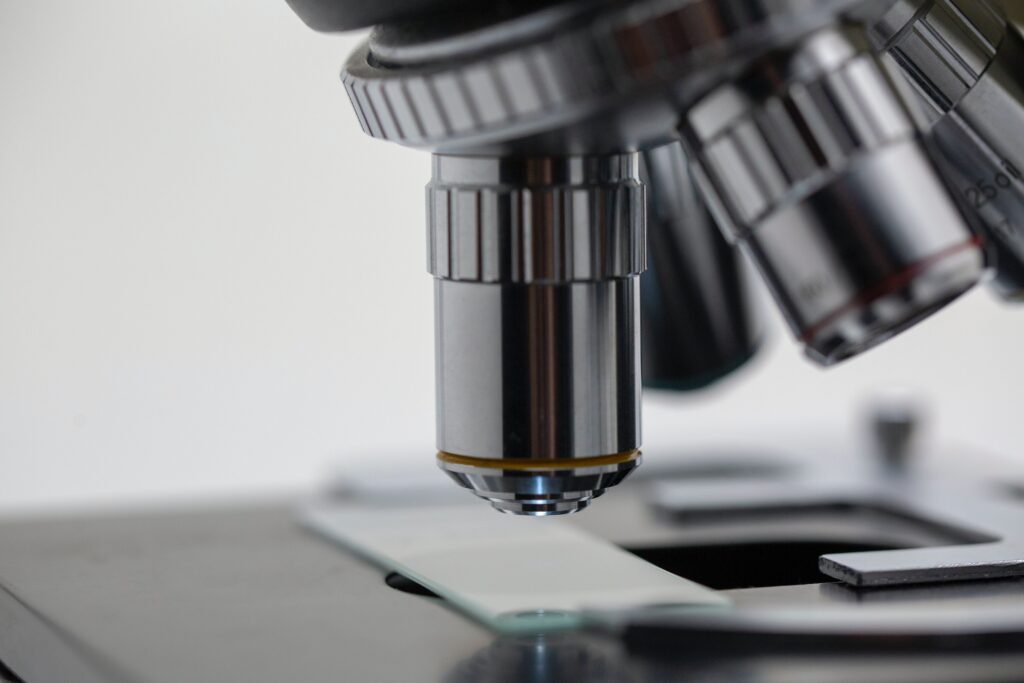
While the COVID-19 pandemic has certainly changed the way that most people work and learn, some fields have been affected more than others. For students in science, their future studies and professional work will involve a greater use of technology, effectively changing the skills they need to succeed.
A recent report by the Organization for Economic Co-operation and Development says the pandemic has created the need for an accelerated development of digital technologies and tools.
To meet the demands of the changing industry for future scientists, the Ryerson science department is already looking ahead to making changes to its teaching methods.
The chair of the department of chemistry and biology, Prof. Andrew McWilliams, said last year’s transition to remote learning meant the department had to find new ways to deliver course material, some of which included the adoption of augmented reality and artificial intelligence.
In partnership with Nextech, the department developed augmented reality labs that simulated the real lab experience while students studied virtually, he says.
“We can simulate what you will need to safely take up the sample, put it into the machine, and what you’ll need to operate the different interfaces,” said McWilliams. “Is it as good? In my opinion, no…but it is a good alternative.”
He says the goal is to have students be able to use augmented reality in tandem with physical devices in the lab to analyze data. In situations where students miss a lab because of circumstances beyond their control, he believes this would be especially useful.
A big data project in collaboration with McWilliams and a group of biology professors uses AI to look at whether or not a student will be able to get the full experience of a disease or material they are analyzing through images. It also aims to understand whether it’s best to rely on human analysis or if artificial intelligence can interpret information accurately.
The role of artificial technology helped play a role in the development of COVID-19 research and vaccine development, which saw both the federal and provincial governments accelerate science funding.
Prior to the pandemic, the use of technology like artificial intelligence (AI) had already been used in drug development projects, training programs to analyze kidneys through ultrasound images, and to track racial disparities in health care. Scientists don’t expect this practice to go anywhere.
Although some studies have found that AI training in universities has the potential to enhance students’ learning experiences, there are also concerns about how to use it ethically.
In June, Ryerson announced a new six-year program that is aimed at providing students in natural sciences, engineering, humanities and social sciences the opportunity to become experts in AI research.
Esther Tang, a fourth-year Ryerson biomedical science student, says that digitization in the biomedical sciences has its benefits. While it is appealing for students to have a choice in how they wish to participate in lectures and labs, it requires balance, says Tang.
“Laboratory technical skills, as well as communication and collaboration between colleagues, will be lost if [digitization] of these experiences continues,” said Tang. “I think we can learn a lot about our current learning processes through implementing digitization, but can not be [replaced by] hands-on activities vital to all core science programs.”
Due to the transition to online learning last fall, Tang said the lack of lab setting made her feel like she wasn’t getting the full experience as a science student.
In her third year, she went through the interview process for a lab position at a company she wanted to intern at. Despite her qualifications, she found herself stuck on a practical question because of her lack of practical experience.
Sarick Chapagain, a fourth-year Ryerson student, echoes Tang’s sentiments, noting that practical experience, in addition to other work skills, is a necessary part of science education.
Chapagain, who is working in the quality development department of a fragrance company as part of her co-op term, said her lab experiences taught her critical thinking and collaboration skills that are now a crucial part of her work.
“Being able to work with different people is also one of the things that we learned, especially in tutorial settings,” said Chapagain.
Several AI experts have acknowledged the importance of collaboration, especially within different science disciplines. Experts have said that it could make the use of AI more effective in helping scientists in problem-solving.
Darius Rackus, an assistant professor in the department of chemistry and biology, says that being able to analyze data using AI and computational methods across science disciplines will be an asset in future workplaces.
“I think we should probably be introducing these ideas a little bit earlier in the curriculum to bring awareness and give that opportunity for students to pursue those careers, or find out how they can use these tools to contribute to the industry to research or to commerce,” said Rackus.
While AI also comes with its flaws and can exacerbate human biases, preparing the next generation of scientists to recognize and become familiar with artificial intelligence can help equip current students for the post-pandemic world.
“A lab is always going to be an environment that we want to see used as much as possible. But the skill of really planning everything out beforehand and using tools that can do the theory, and analyzing data without being in the lab to do it, are skills that I think will be part of everybody’s future work,” said McWilliams.
McWilliams says the future of work in science won’t include as many opportunities to conduct work in an office setting. This reality emphasizes the need to be familiar with a digital environment.
“We are going to continue to make sure that it is as good an experience as we can possibly provide, with the intent that [augmented reality] is just an extra learning tool to get us and our students better prepared,” said McWilliams.
